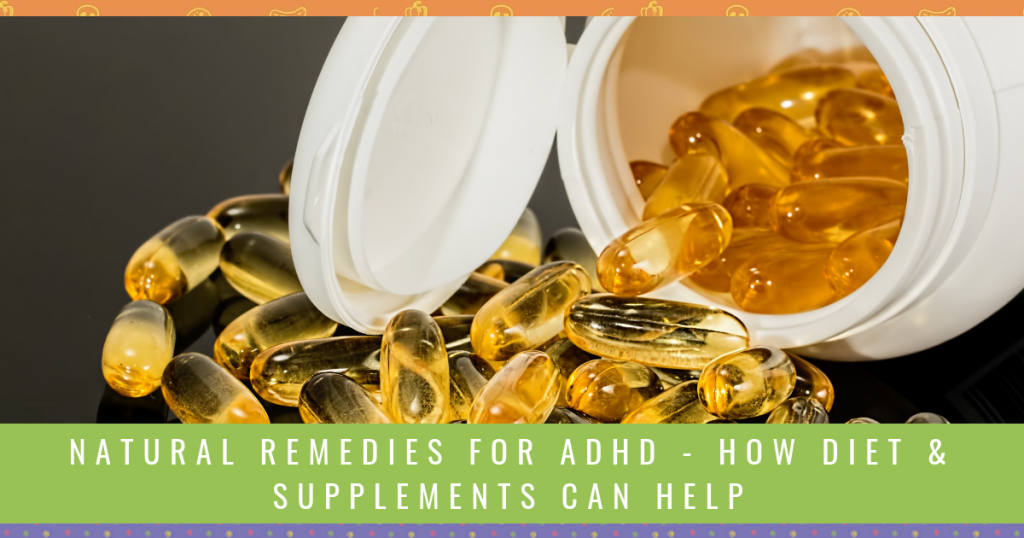Attention Deficit Hyperactivity Disorder (ADHD) is a neurodevelopmental disorder characterized by persistent patterns of inattention, hyperactivity and impulsivity. Individuals with ADHD often face challenges in cognitive function, affecting their ability to focus organize tasks and regulate impulses. While traditional treatments such as behavioral therapy and medication are widely used, there has been growing interest in exploring alternative approaches, including brain-boosting supplements, to enhance cognitive function in ADHD individuals. One class of supplements gaining attention for their potential cognitive benefits is omega-3 fatty acids, particularly docosahexaenoic acid (DHA) and eicosapentaenoic acid (EPA). Found in fatty fish, flaxseeds and walnuts, omega-3s play a crucial role in brain development and function. Studies suggest that individuals with ADHD may have lower levels of omega-3 fatty acids, leading researchers to investigate whether supplementation could mitigate symptoms. Preliminary research shows promising results, with some studies indicating improvements in attention and behavior in individuals with ADHD after omega-3 supplementation.

Another supplement that has shown promise in enhancing cognitive function is zinc. Zinc is an essential mineral involved in various physiological processes, including neurotransmitter regulation. Some studies suggest that individuals with ADHD may have lower zinc levels and supplementation might improve symptoms. However, more research is needed to establish the optimal dosage and its long-term effects. In recent years, the nootropic category of supplements, which are substances believed to enhance cognitive function, has gained popularity. One such nootropic is Bacopa monnieri, an herb traditionally used in Ayurvedic medicine. Bacopa has been studied for its potential to improve memory and attention. Some research suggests that it may modulate certain neurotransmitters, contributing to its cognitive-enhancing effects. While more rigorous studies are needed, preliminary findings raise the possibility that Bacopa monnieri could be a complementary strategy for managing cognitive challenges in ADHD individuals. In addition to specific supplements, overall nutritional interventions are being explored. A balanced diet rich in vitamins and minerals is essential for optimal brain function. Nutrient deficiencies can impact cognitive performance, so ensuring that individuals with ADHD receive adequate nutrition is a crucial aspect of holistic care.
It is important to note that while some individuals may experience benefits from supplements, there is no one-size-fits-all solution for treatment for adhd adults. Responses to supplements can vary and their effects may be influenced by factors such as genetics and overall health. As such, any decision to incorporate supplements into ADHD management should be made in consultation with healthcare professionals who can assess individual needs and potential risks. In conclusion, the exploration of brain-boosting supplements for enhancing cognitive function in ADHD individuals represents a promising avenue of research. While preliminary evidence suggests potential benefits, more robust studies are needed to establish the efficacy, safety and optimal dosage of these supplements. Integrating such approaches into a comprehensive treatment plan that includes behavioral interventions and, when appropriate, medication, may offer a multifaceted approach to managing ADHD symptoms and improving overall cognitive function.
